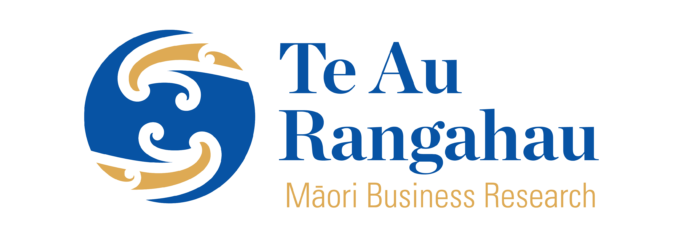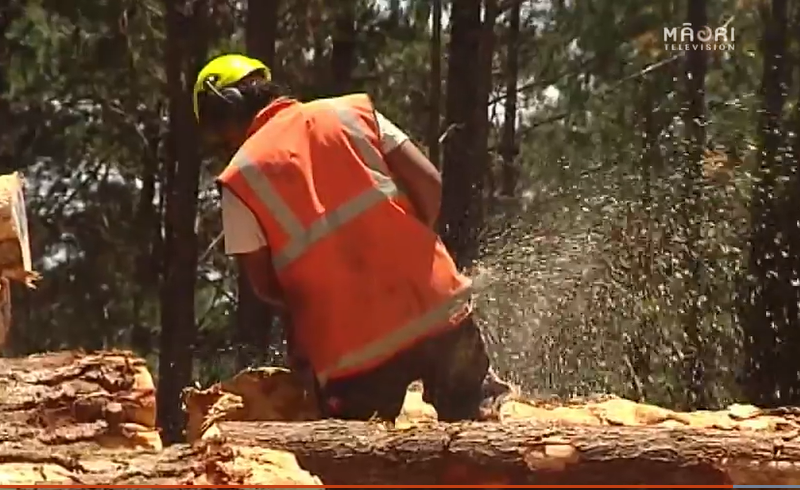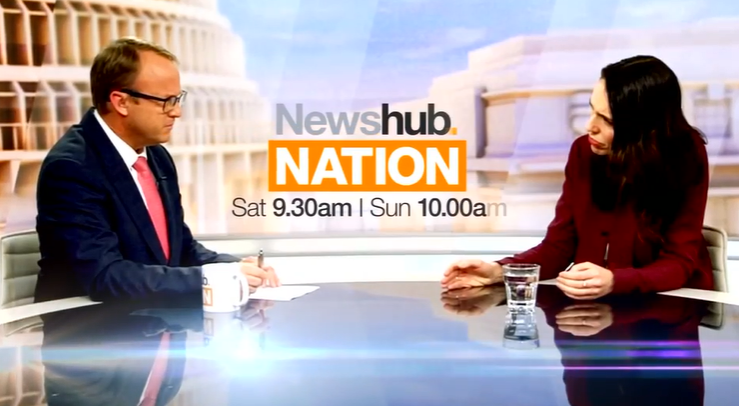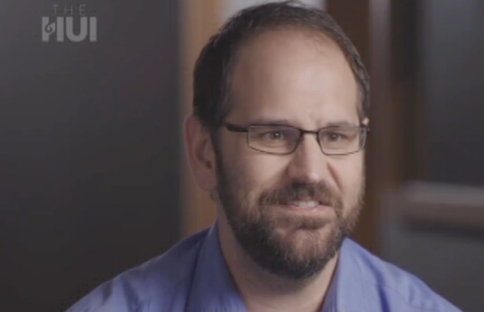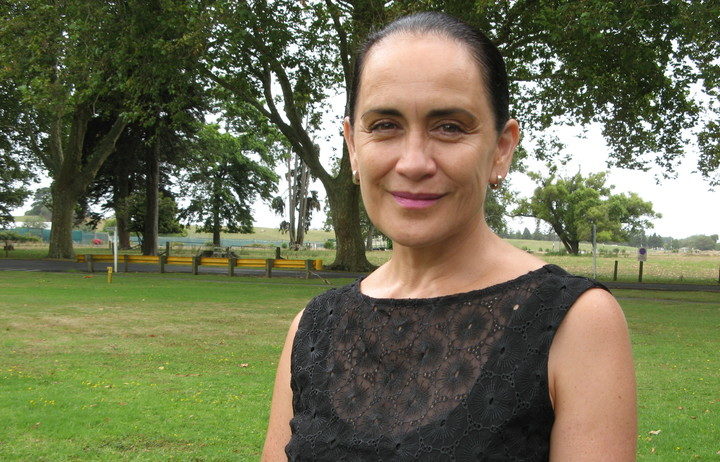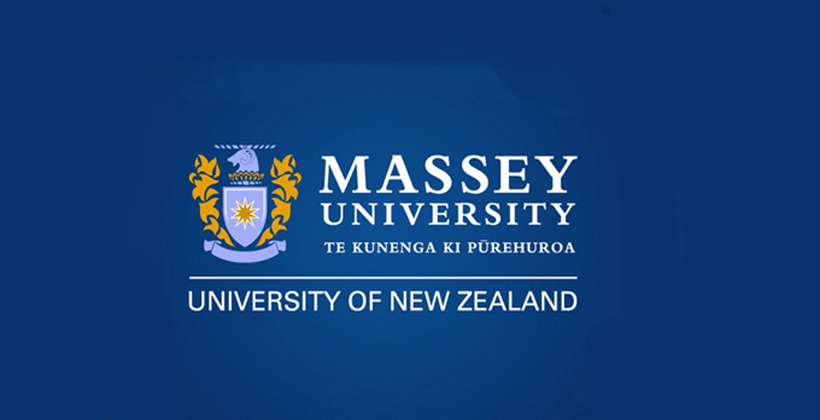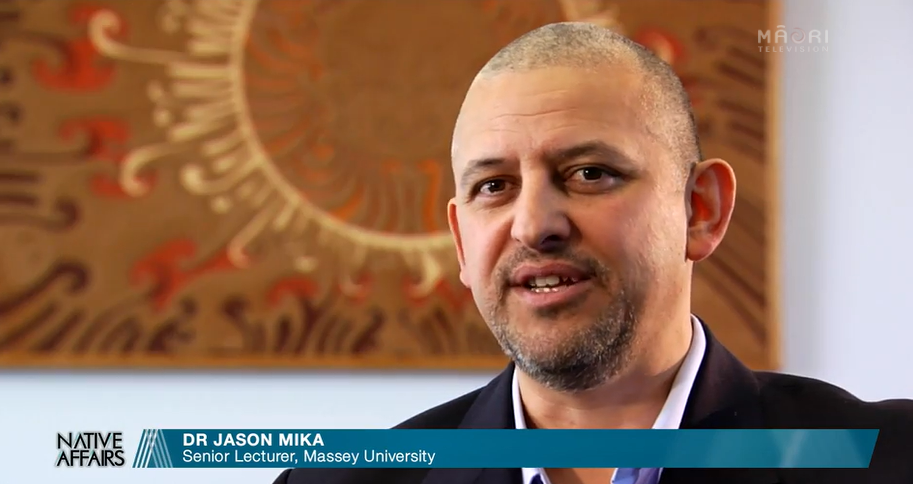Māori economist Dr Matthew Roskruge says we could see another urban migration post-lockdown as whānau impacted by the tourism industry struggle to get back to business. But there’s potential for a reverse migration as the success of working-from-home may give many Māori the opportunity to return closer to their marae.
Massey University Economics Senior Lecturer Dr. Matthew Roskurge (Ngāti Tama, Te Āti Awa) predicts New Zealand is on track for a two-speed recovery as the country continues to adjust with the effects of COVID-19.
“Parts of the economy that are involved in the movement of people, or personal services are likely to have a big slow down. Whereas parts of the economy that are moving product particularly anything in food, in protein which New Zealand is so great at producing – boom times!”
He believes the Māori economy will be on a similar path, particularly as the return of international tourists appears to be months away at the very earliest.
“If you think Rotorua around some of the tourism ventures there, they’re just going to empty for the next few months up to the next year or two. Whereas parts of the Māori economy that are shipping foodstuffs, I think forestry will pick back up they should be OK or even booming.”
See the full story on Māori Television
